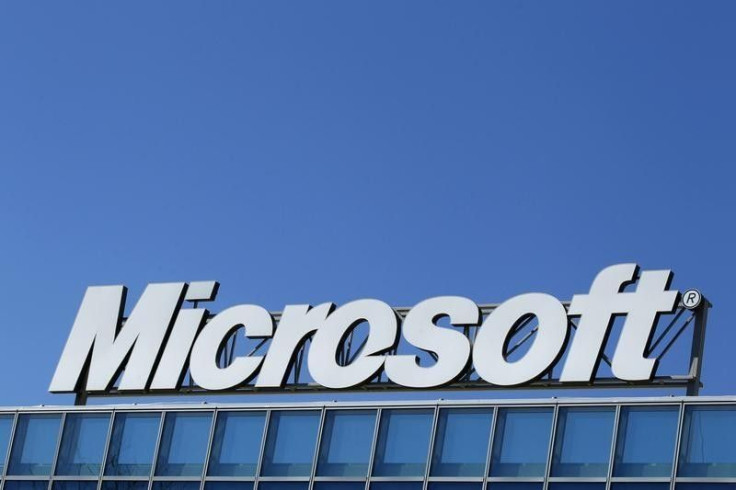Microsoft Internet Explorer 11 To Use ‘Trident Engine’ While Project Spartan To Utilise New ‘Edge Engine’ In Windows 10

Microsoft has reportedly revealed some of the key browser-related details as the Windows 10 release date approaches. To be specific, the company is apparently trying to differentiate between the upcoming Internet Explorer 11 (also known as IE11) and the brand new Project Spartan, which is the novel browser built specific to Windows 10. Plus, the newly emerged details would definitely amaze many ardent Windows users and even the older fans that have seen a slew of OS versions in their life time and would like to stick to the familiarity aspect of the browser.
Rendering Engine War: Edge vs. Trident
According to PC World, IE11 will not use Edge, which is the new “rendering engine” developed for Project Spartan. Therefore, IE11 will still be utilising the old Trident engine, similar to the Windows 8.1. MSDN says, the tech giant’s initial plan was to power both Internet Explorer 11 and Project Spartan with the help of the new Edge engine. However, the plan has apparently changed, with two different engines powering the browsers. And importantly, both the browsers will be compatible with Trident engine for those Websites using Microsoft's legacy web technologies.
In any case, readers should note that, the IE11 reportedly has the capability to support Edge with some software tweaks. But then, by enabling Edge in IE11, the browser will apparently act different in Windows 10 when compared to Windows 8.1. However, the subsequent updates to Windows 10 will remove the Edge support specific to IE11, notes PC World.
Difference Between IE11 And Project Spartan Browsers
If reports are true, Microsoft took the decision to use two different engines for two different browsers because of the feedback from developers (Windows Insiders) and customers. In addition, the tech giant also wanted to differentiate between the two browsers. This means, the IE11 will apparently be targeting the legacy sites i.e. enterprise or Intranet sites and web apps, whereas the new Project Spartan will cater to the present-day web, notes PC World.
On the other hand, Project Spartan will reportedly be focusing on interoperability and it will also be brining in unique features like annotations and distraction-free reading or reader-mode. Adding a cherry on top, the Spartan will also reportedly support Cortana integration.
Default Browser In Windows 10: Project Spartan
Meanwhile, the MSDN blog says, “Project Spartan is our future: it is the default browser for all Windows 10 customers and will provide unique user experiences.” “Web developers can expect Project Spartan’s new engine to be interoperable with the modern Web and remain “evergreen” with no document modes or compatibility views introduced going forward,” the site added further.
To report problems or to leave feedback about this article, e-mail: p.rathinavel@ibtimes.com.au.






